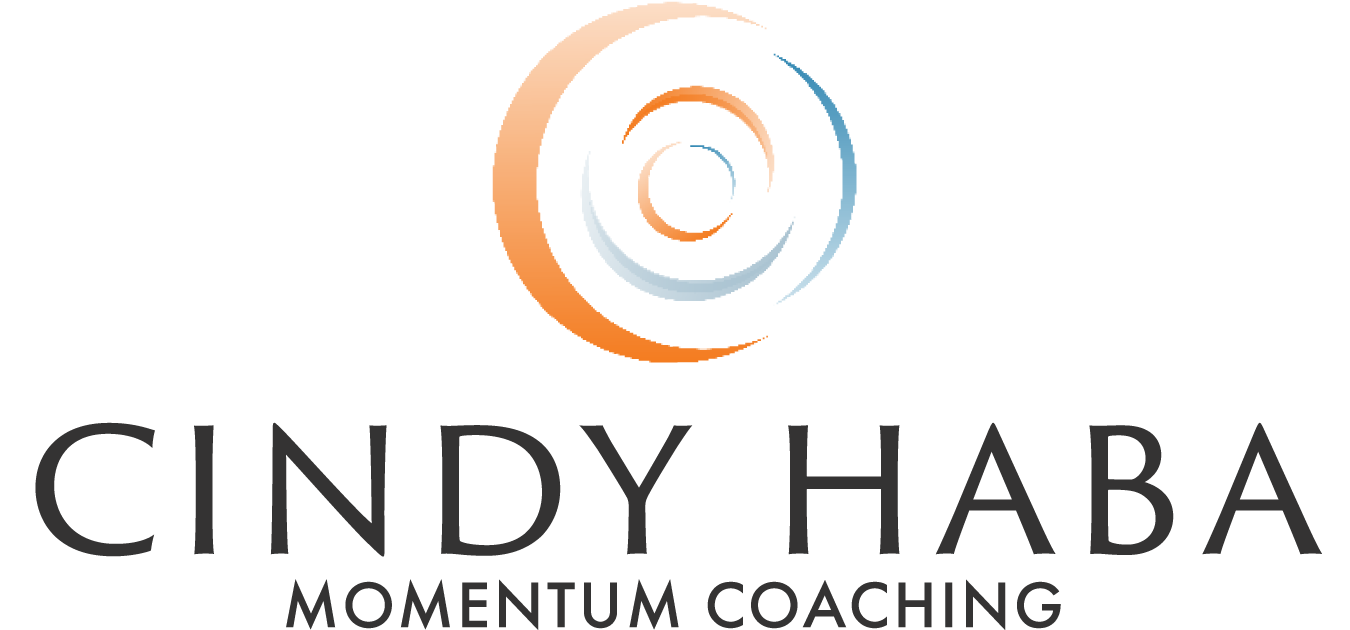How Do You Know What You’re Good At?
The Momentum Files #30
How Do You Know What You’re Good At?
When I recently asked you what types of things you want to read and learn about in my emails, I couldn’t wait to see what you had to say!
Going through your answers has been such a fun process… and one that will help me give you exactly what you want.
One thing that immediately popped out at me was a BIG interest in learning how to better showcase your expertise.
Being able to share your skills (without the crippling anxiety) is so important because it builds your confidence and can advance your career. You can read more about that here.
But before you can expertly share your skills and expertise, you have to know what you’re good at! It sounds like a no-brainer, but I bet you’ve struggled at some point (or even many points) to identify your strengths and abilities.
Today, I’m going to help you tap into your strengths.
And when tapping into your strengths actually becomes one of your strengths, you’ll find that you’re happier, more productive, more connected to the people and things around you, more confident, focused, motivated and a more energized person, colleague, leader, etc.
Start by recognizing the following:
✅Surface-level exploring will only tell you what you already know.
✅Opening yourself to deeper exploration will get results.
Then, ask yourself these questions:
What do I know I’m good at?
Examples: I’m a great listener. I’m a good problem-solver.What skills have helped me to thrive?
What makes me unique?
What makes me feel strong?
What makes me feel proud?
What compliments do people give me?
Tip: Pay attention to the words people use to compliment you. It’s easy to gloss over compliments, but you want to train yourself to accept these kind words. They highlight strengths that you likely assume everybody has… but they often don’t. This leads to discovering your unique value.What am I good at vs. passionate about?
Remember: When it comes to your passions, skill level is not a requirement. You can be passionate about gardening but grow more weeds than tomatoes. What you’re good at requires skill.
As you reflect, don’t shy away from the process. Don’t worry that you’re bragging or bringing ego into it. Just get it out and down on paper if you like lists. It’s important to recognize your contributions and where you shine.
Finally, go deeper and explore the following:
What are the things that have HELPED YOU come into your strengths.
Example #1: I’m a great listener in part because I’ve always been inquisitive and creative and interested in learning from people. I listen deeply.
Example #2: I’m a good problem-solver because I’ve always tried to visualize the end result and work backwards from there.What made you stand out as a child?
What places did you (and do you) love to spend time?
What were (and are) your favorite hobbies?
Where and when are you most productive?
Where and when do you feel most valued?
As you explore these questions, think about HOW and WHERE your past interests come into play and affect your current abilities. Were you the kid who loved to take apart the radio, see how it worked and then put it back together? I bet there are engineers who did just that! If you’re an excellent listener, you might have been the kid who hid under the dining room table and eavesdropped on adult conversations.
Remember that you can only expertly share your skills and expertise once you know what you’re good at! And each is an important skill that will help you identify what you want to do and where you want to be.
This process will cultivate your confidence and connect a lot of dots for you!
Take the time to reflect and explore.
Then, reply and tell me what this has uncovered for you. Any surprises?

